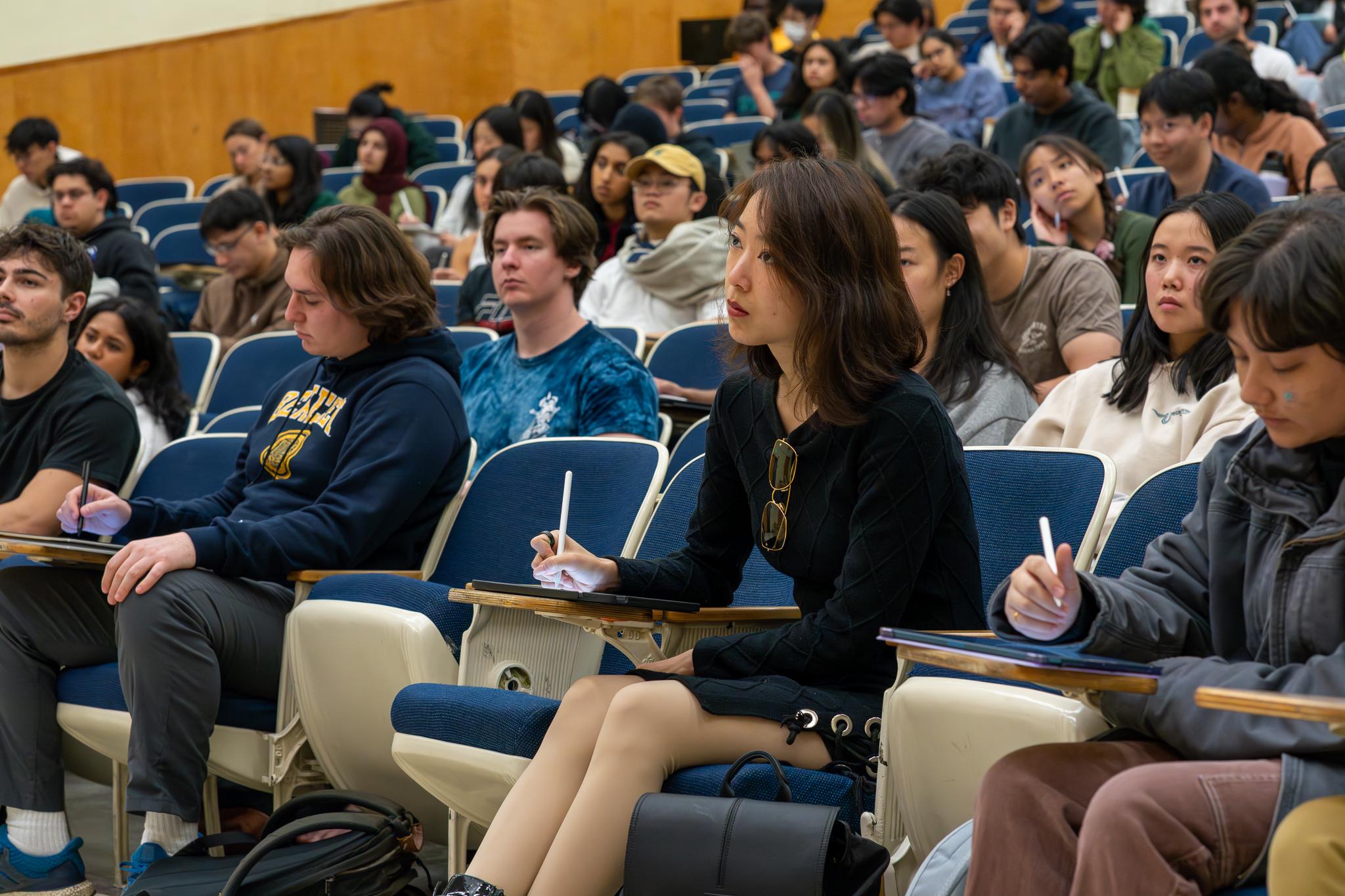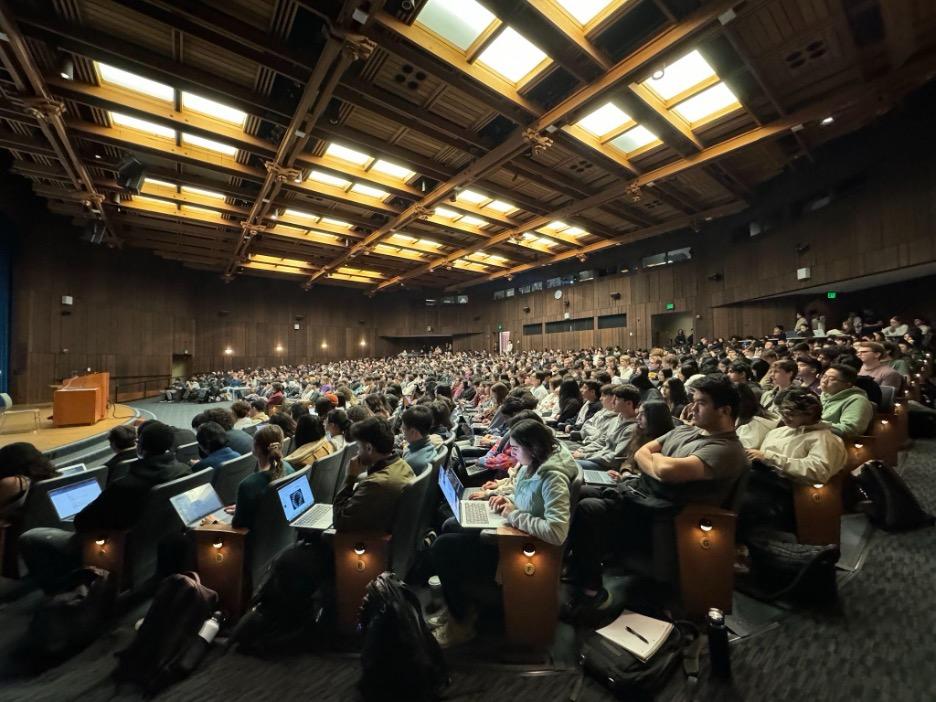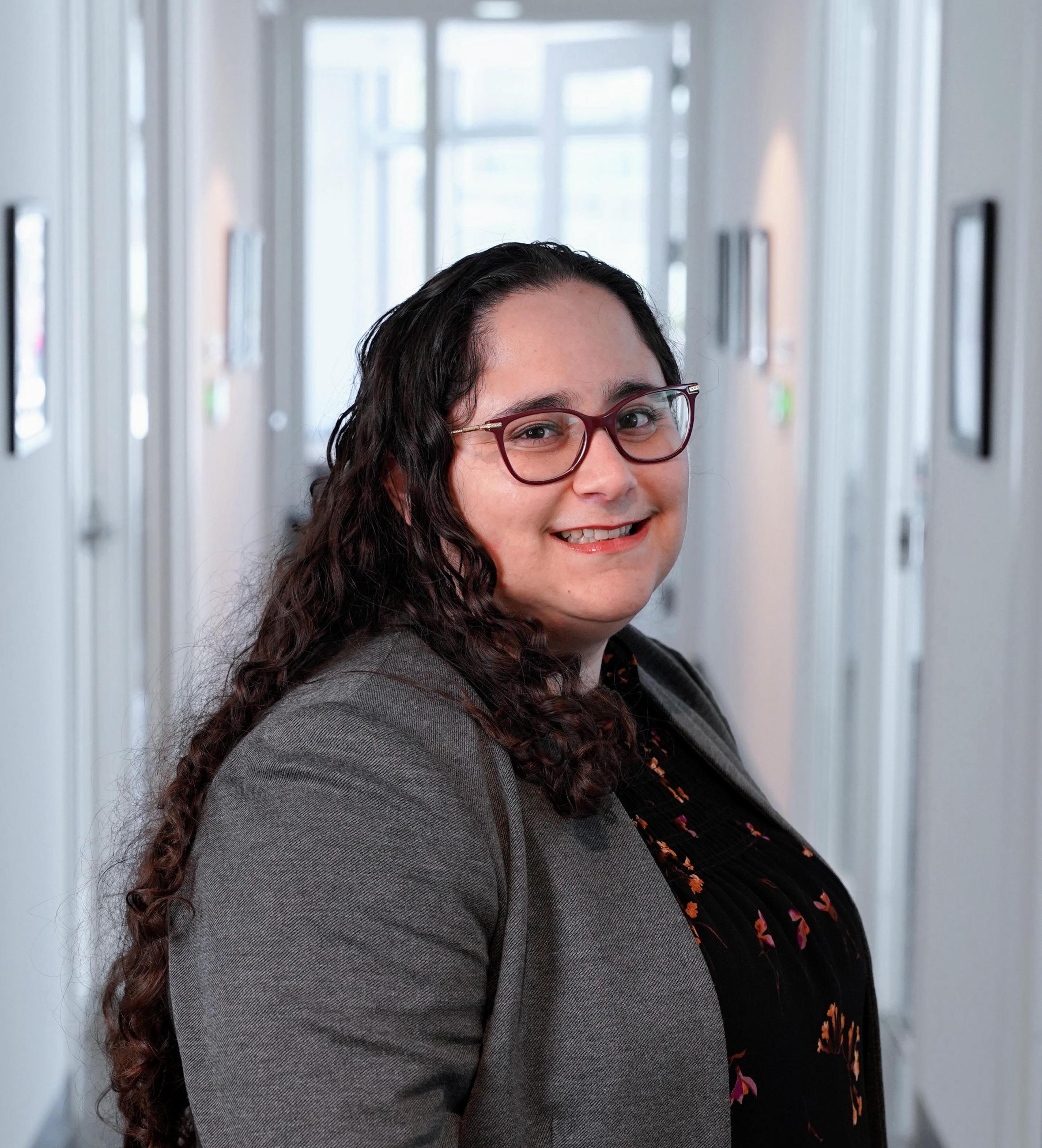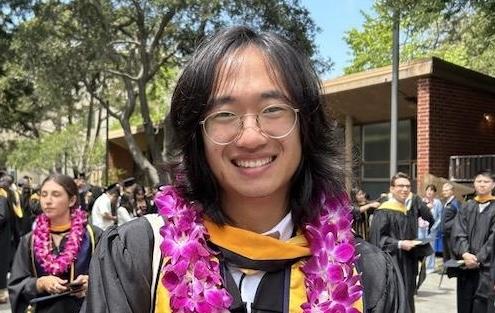
In an age where data drives decision-making across nearly every industry, UC Berkeley is pioneering a new approach—one that ensures future data scientists understand not just algorithms, but also the human consequences of their work.
Berkeley’s undergraduate Data Science program is embedding Human Contexts and Ethics (HCE) directly into its core technical courses. Instead of treating ethics as an afterthought, faculty are demonstrating their commitment to the "society" piece in the College of Computing, Data Science, and Society--working to show students that technical decisions have real-world consequences for real people.
"Data science at Berkeley was always intended as being more inherently humanistic," explained Ari Edmundson, an instructor at the forefront of the initiative. “When HCE is confined to a single course, it risks being siloed. We’re trying to infuse these concepts throughout the Berkeley ecosystem so students can better understand how technical and ethical dimensions interrelate.”
Ramesh Sridharan, a longtime instructor of Data 102: Data, Inference, and Decisions, admitted he didn't initially see the connection when he was a student. "I thought, 'Why does this stuff really matter? Can't I just learn what I need to do engineering?'” he said. “But as I've matured and seen the role technology plays in the world around us, I've realized how important it is to understand the broader implications of technical work."
This integrated approach has been the focus of a multiyear project, supported by the Mozilla Responsible Computing Challenge grant, to expand HCE concepts into the wider data science ecosystem. It first made significant strides in Data 100, a foundational junior-level course where nearly 1,000 students each semester take on a multi-week project analyzing property tax assessments in Cook County, Illinois. As they build predictive models, students are pushed to grapple with questions of fairness and accuracy—exploring how certain types of errors disproportionately affect lower-income homeowners.
In the summer of 2024, Sridharan and his co-instructor Alexander Strang responded to the call, teaming up with Edmundson and Lisa Yan, the principal investigator on the grant, to see how the framework could further enrich the technical curriculum of Data 102.
"We started by having regular conversations," Edmundson said. "We weren’t just looking to insert ethics slides. We were rethinking the course holistically. We shared readings and would come back to talk about what mattered."
Sridharan praised the collaborative nature of the process. “There was never a sense of curriculum being imposed on us, nor an overprotectiveness of our course. It was four people working together to create the richest learning experience possible for this class.”
Strang also found the collaboration enriching. "There was a lot of pleasure in expanding my teaching expertise by learning how to give a more contextual lecture. It helped us address a longstanding challenge in methods courses: how to conclude in a way that ties ideas together."
The revised assignments and lectures now better prepare students for the kind of decision-making and critical thinking they’ll need in the real world. However, the changes also revealed that many students are new to this kind of reflective engagement. That insight is pushing the faculty to continue evolving their approach.
"It highlighted the need for us, as educators, to give students the path to be successful," notes Sridharan. "For spring 2025, we’re planning a more gradual ramp-up in prompts so students can build confidence over time.”
The ripple effects are already extending beyond Data 102. Strang, now teaching Bayesian statistics, is applying lessons learned from the integration process to his new course.
For students, the impact goes far beyond avoiding biased models or technical mistakes. "What we're trying to encourage students to do isn’t just checking off the 'make sure my data isn't biased,' box,” Edmunson said. “It’s a deeper question. ‘What kind of world am I helping to construct?'"
As data science continues transforming fields from healthcare to criminal justice, Berkeley’s curriculum offers a model for preparing students not just to build powerful systems, but to do so responsibly. By blurring the boundaries between technical rigor and social awareness, Berkeley is redefining what it means to practice data science in the 21st century.



